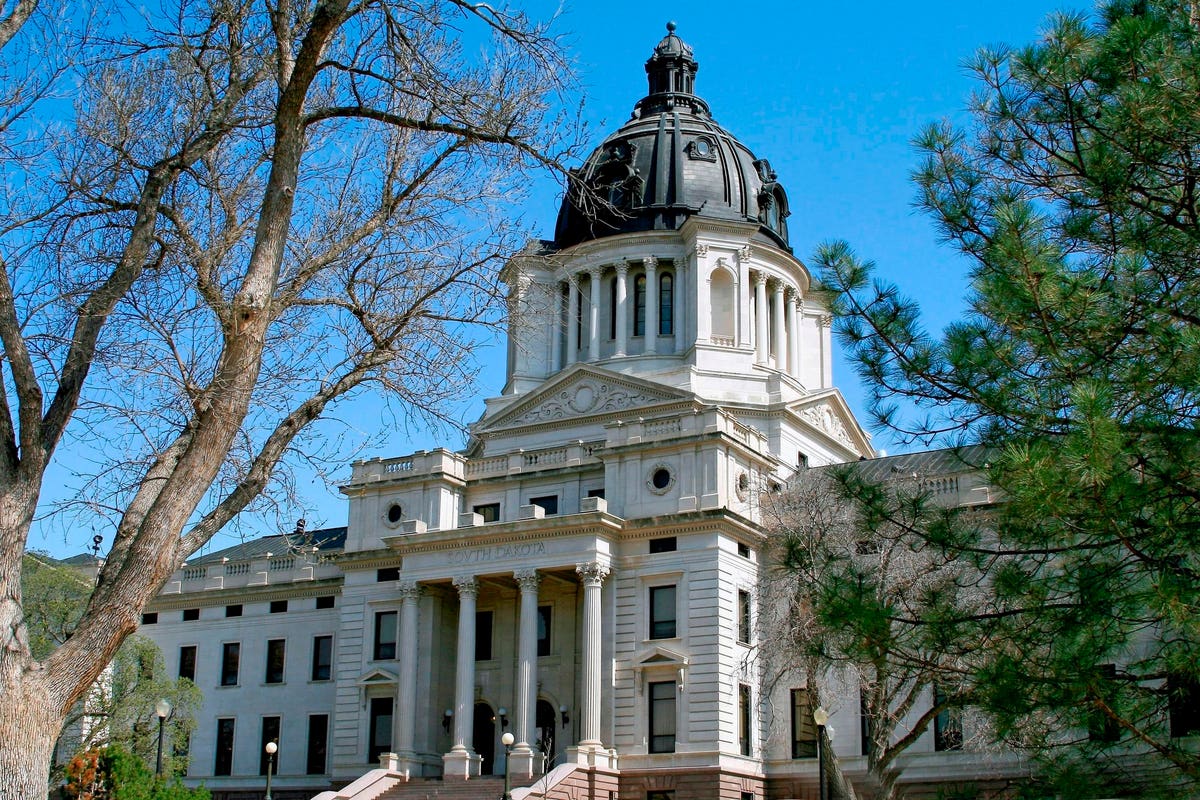South Dakota will finally implement voters desire to extend Medicaid benefits to more than 40,000 low-income adults under the Affordable Care Act after years of intense Republican opposition and failed GOP efforts to derail expanded health coverage for the poor.
The expansion, which takes effect Saturday, comes following a vote in November by a wide margin of South Dakotans to expand Medicaid under the ACA by ballot measure, dealing a political blow to Republican Gov. Kristi Noem, an ally of Donald Trump who failed several times to repeal the ACA, also known as Obamacare.
In South Dakota, voters approved the measure by 56% of the vote in November. And in June of last year South Dakota voters overwhelmingly rejected a measure that would have required certain ballot initiatives like Medicaid expansion to pass with 60% support instead of a simple majority.
“South Dakota’s implementation of Medicaid this week is a hard-fought victory by voters, advocates, providers, and countless individuals who organized for years to make this possible,” said Kelly Hall, executive director of The Fairness Project, which has helped several states expand Medicaid via voter referendums since 2017.
“It is also a remarkable moment as it marks the seventh straight time that voters have put Medicaid expansion on the ballot and won when their politicians refused to take action or outright blocked health care access for their constituents,” Hall added. “Now, tens of thousands of South Dakotans will be able to get the care they deserve because of this ballot measure. At a time when special interests and extremist politicians across the country are doing whatever they can to dismantle direct democracy to block policies that improve people’s quality of life, the Fairness Project is ready to continue our work to fight attacks on ballot measures and protect this critical tool for generations to come.”
The implementation of Medicaid expansion via ballot measure in South Dakota is the latest momentum to expand such coverage for the poor under the ACA. In 2020, voters in Missouri and Oklahoma approved ballot initiatives to expand Medicaid, following the lead of successful ballot initiatives in 2018 in Nebraska, Idaho and Utah. Those states, like Maine in 2017, bypassed Republican governors and legislatures to expand Medicaid by public referendum.
“South Dakota is the seventh state where citizen-initiated ballot measures expanded Medicaid when right-wing politicians ignored widespread, bipartisan support for the policy and refused to pass it,” The Fairness Project said in a statement the group issued on Friday. “To date, ballot measures to pass Medicaid expansion have now extended affordable health care coverage to more than 1 million Americans.”
With the initiative’s implementation in South Dakota, there will now be just 10 states yet to expand Medicaid under the ACA, according to the latest tally from KFF.
The expansion of Medicaid benefits under the ACA has come a long way since the U.S. Supreme Court in 2012 gave states a choice in the matter. There were initially only about 20 states that sided with President Barack Obama’s effort to expand the health insurance program for poor Americans.
The 10 holdout states that have yet to expand Medicaid have already missed out on generous federal funding of the Medicaid expansion under the ACA. From 2014 through 2016, the ACA’s Medicaid expansion population was funded 100% with federal dollars. The federal government still picked up 90% or more of Medicaid expansion through 2020 and that was a better deal than before the ACA, when Medicaid programs were funded via a much less generous split between state and federal tax dollars.
South Dakota state health administrators have said the Medicaid expansion raised the “income requirement to 138% of the Federal Poverty Level and up to an income of $41,400 for a family of four,” South Dakota media reports this week said. “It also opens Medicaid up to single adults as young as 19.”
Read the full article here




